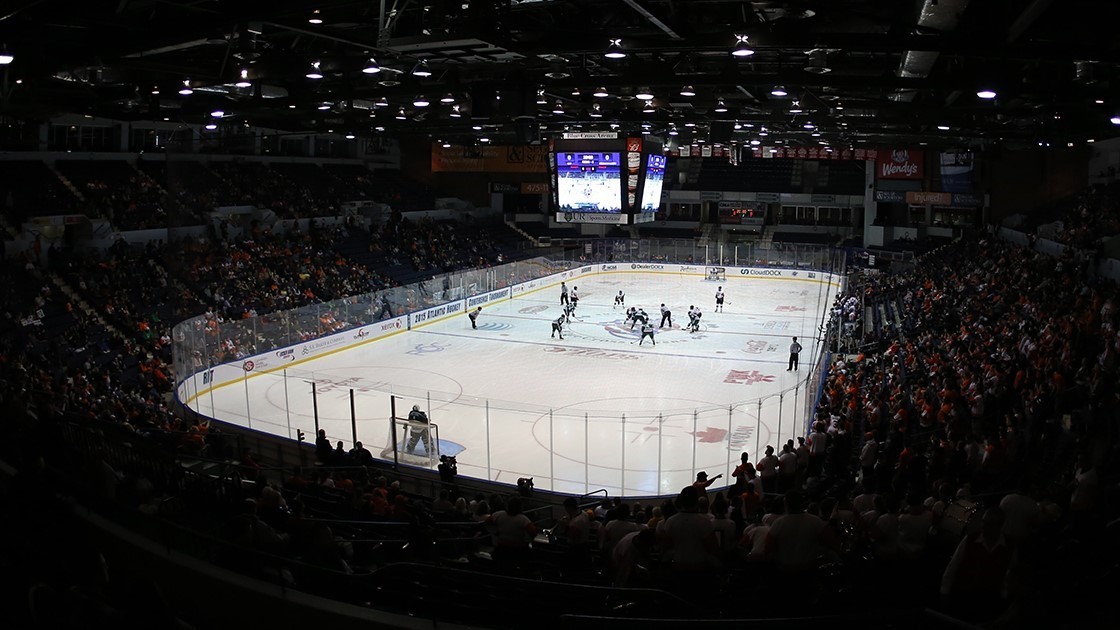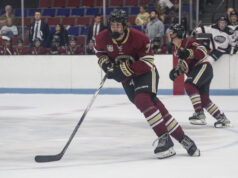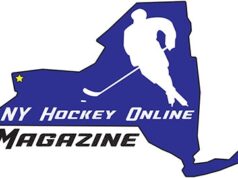COLORADO SPRINGS, Colo. — USA Hockey announced today the addition of three youth hockey organizations which have earned designation as USA Hockey Model Associations, increasing the total number nationwide to 24.
With this designation, each has committed to fully implement programming dedicated to age-appropriate, age-specific skill development in accordance with USA Hockey’s American Development Model throughout the 8-and-Under, 10-and-Under and 12-and-Under age classifications.
The newly designated model associations include the California Heat (Panorama City, California), the Los Angeles Junior Kings (El Segundo, California) and the McKinney North Stars (McKinney, Texas).
The California Heat includes teams at the 16U, 14U, 12U, 10U and 8U age classifications. Based in the San Fernando Valley, the organization is one of the oldest in the Southern California Amateur Hockey Association.
“I want our players to finish each season feeling as though they improved their individual skills and their team skills while having a lot of fun together, and that reflects USA Hockey and its American Development Model,” said Alec Benson-Dunn, California Heat hockey director and USA Hockey Level 5-certified coach. “That made it a natural fit for our club to pursue USA Hockey Model Association status, and we’re excited about what it will mean for our players, coaches and parents.”
The Los Angeles Junior Kings organization, which shares the Toyota Sports Center with the NHL’s Los Angeles Kings, is home to more than 400 players from 18U through 8U. Seven Junior Kings teams won California Amateur Hockey Association Tier I state championships last season, an unprecedented run of success for the club.
“Being recognized as a USA Hockey Model Association is both an honor and a privilege, and one our entire organization holds in the highest regard,” said Nick Vachon, Junior Kings general manager of hockey operations. “As a club, we’ve always valued and fostered the age-appropriate teachings USA Hockey has instilled, and we look forward to championing that message even further to each and every one of our current and future players and coaches as they work toward reaching their full potential in both a positive and structured environment.
“Everyone involved in our program – most notably our players, coaches and parents – will benefit tremendously from the added support and guidance from USA Hockey as we continue to bring our entire organization to new heights, on and off the ice.”
McKinney is Texas’ first USA Hockey Model Association. The North Stars program includes teams at the 18U, 16U, 14U, 12U and 10U age classifications. Last season, the McKinney 18U and 16U teams claimed Texas Tier II state championships for the first time. Lucas Reid, the North Stars’ hockey director, helped initiate the effort to build toward USA Hockey Model Association status two years ago.
“The ultimate goal was to adopt the training methods recommended by USA Hockey because they have been shown to produce significantly better player development results,” said Reid.
As a benefit of their model association designation, each organization will receive in-person coaches training, on-ice instruction and parent resources from USA Hockey’s national staff. Further, each program will also receive equipment, signage and educational resources from USA Hockey.
“We’re pleased to welcome these new model associations and we’re excited for the children who will benefit from these associations’ passion and commitment to age-appropriate skill development,” said Kevin McLaughlin, senior director of hockey development for USA Hockey. “By taking this step, these new model associations are making a strong move to offer the best possible competition and training environment for their players.”
Every youth hockey organization affiliated with USA Hockey has the opportunity to earn model association status. For more information on criteria, please click here.
Note: USA Hockey Model Associations span from coast to coast and now represent 15 states.







